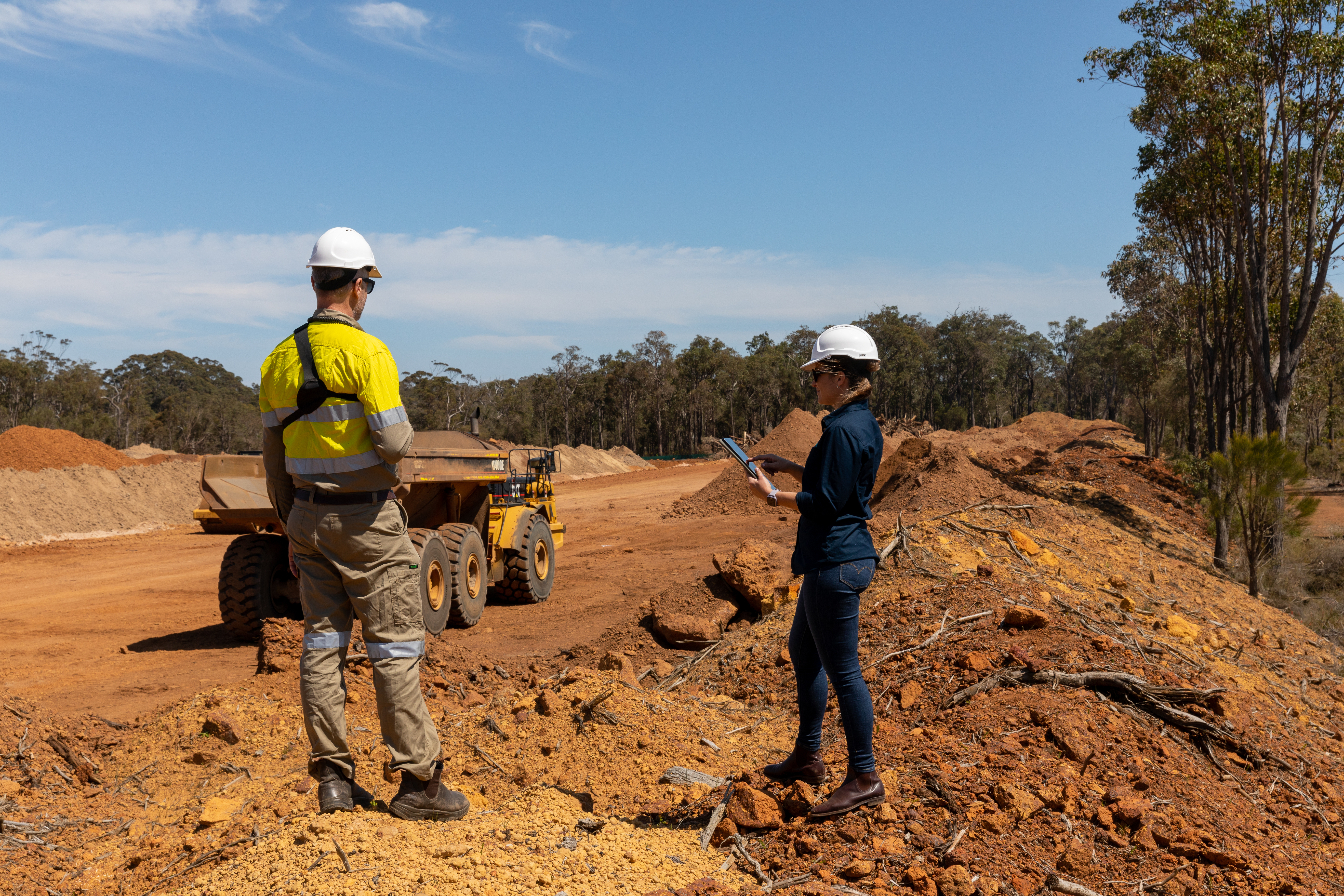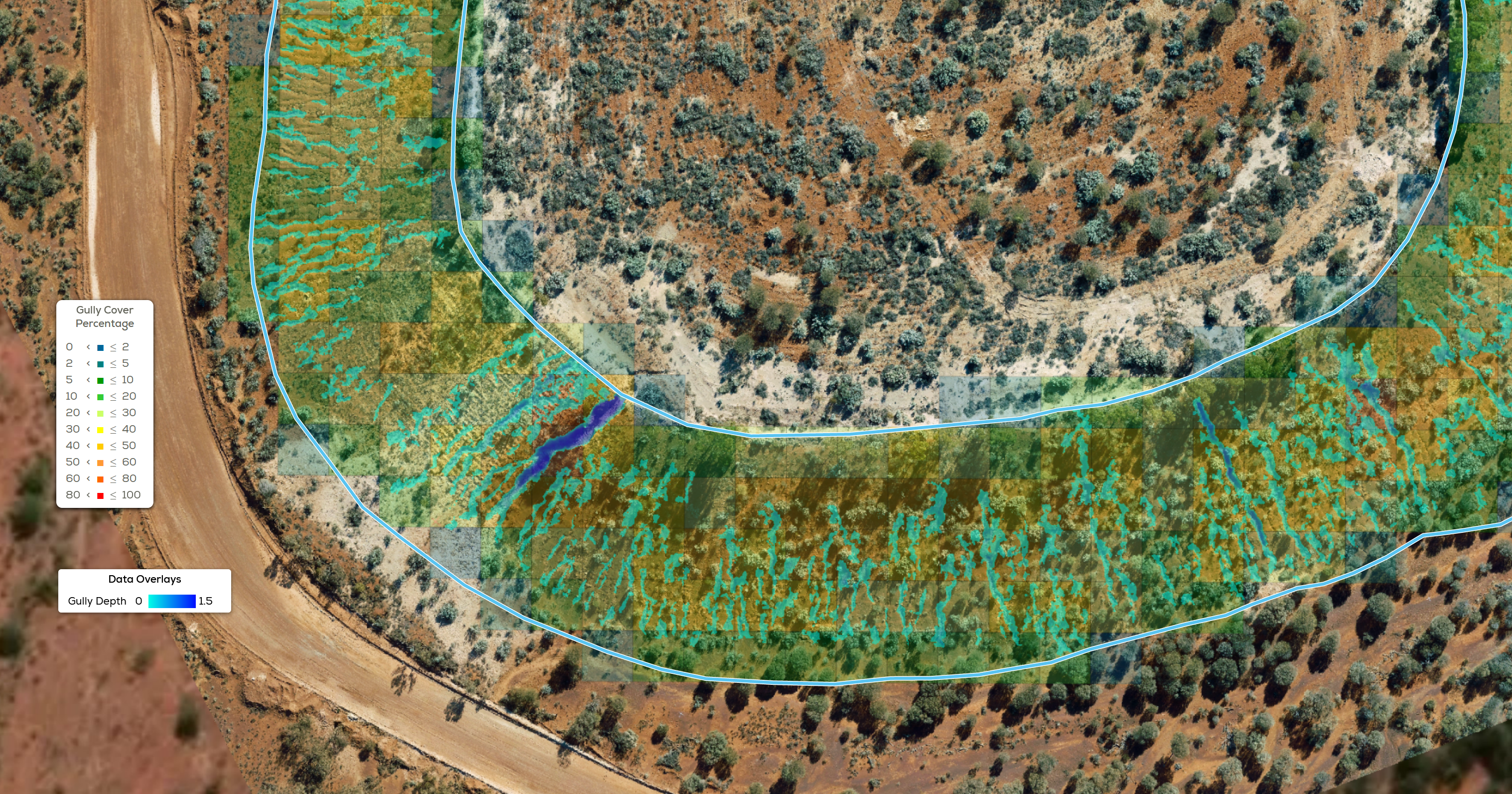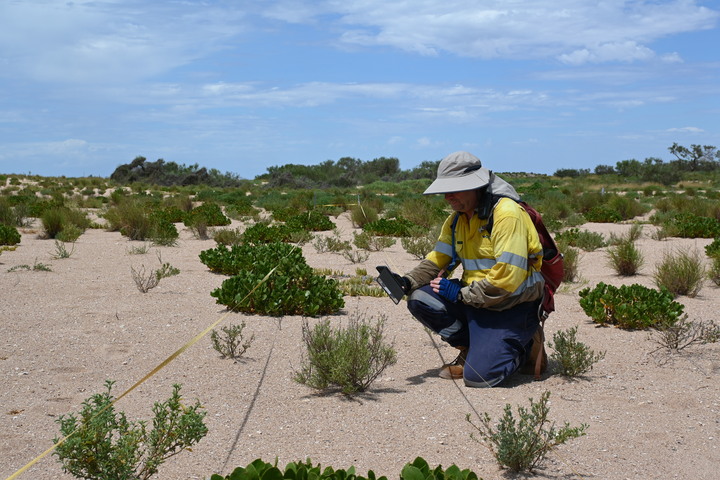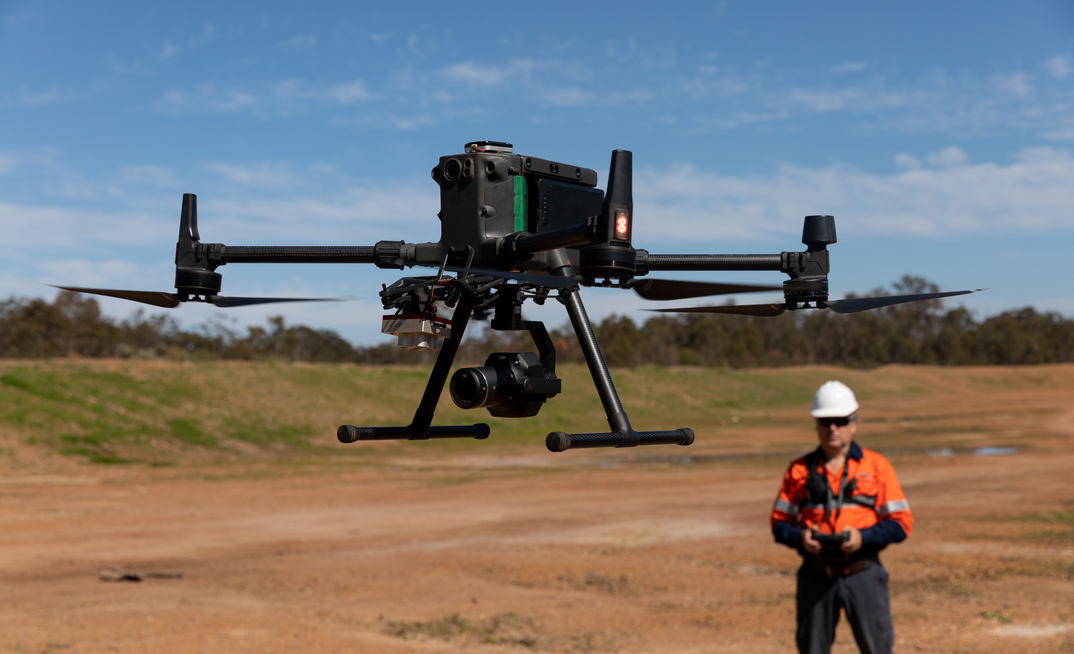Ecocene has positioned itself as a pivotal player in the transformation of the mining industry's approach to mine closure. Specialising in data-driven ecological management, Ecocene helps mining companies, governments and communities navigate the complex terrain of biodiversity and ecosystem restoration, all while achieving nature-positive outcomes. The company's flagship platform, Ecoda, is central to this transformation, offering remote sensing capabilities and a data intelligence framework that assists in effective mine closure strategies.
The vision of Ecocene: innovation through integration
At the heart of Ecocene's work is a belief that the future of the mining sector lies in harmonising economic activity with environmental stewardship.
Chief executive and founder of the company, Julian Kruger, explained that the name Ecocene symbolises a new era of responsible resource development, in marked contrast to the Anthropocene – the current age marked by human impact on the environment. "Our vision is to combine technology and ecological knowledge to restore and enhance our interaction with natural systems," Kruger said. "We're not just looking at a world where mining takes and extracts; we're focusing on restoration and positive outcomes."
Ecocene's approach is unique in that it integrates cutting-edge data science with traditional ecological expertise. This combination enables the company to offer mining companies adaptive, data-driven management solutions that are both scientifically rigorous and economically viable. By utilising remote sensing data, advanced analytics and AI, Ecocene provides actionable insights that help mines meet regulatory compliance, optimise rehabilitation and mitigate the liabilities associated with mine closure.

The Ecoda platform: revolutionising ecological data management
Ecocene's proprietary platform, Ecoda, is the cornerstone of the company's work in mine closure and ecological restoration.
Designed as an ecological data intelligence platform, Ecoda transforms how ecological data is collected, analysed and utilised for decision-making in the mining sector. By integrating multiple sources of data, including satellite, drone and aerial imagery combined with ground-level field data, mining companies are gifted comprehensive insights into biodiversity, landform stability, vegetation health and ecosystem restoration.
One of Ecoda's stand-out features is its ability to provide data visualisation and analytics tools that make complex ecological data accessible to both technical teams and executive decision-makers. The actionable insights generated allow mining companies to track their rehabilitation progress and meet their compliance monitoring requirements efficiently. As the Ecocene CEO noted, "For mining companies, Ecoda makes it easier to track rehabilitation progress against criteria, allowing for early intervention where needed. This proactive approach to minesite management not only helps companies save money but also ensures their rehabilitation strategies are on track for long-term ecological success."
Moreover, Ecoda has the capacity to forecast rehabilitation trajectories and provide predictive capabilities, thereby allowing mining companies to adjust their strategies in real-time. By offering both descriptive and diagnostic data, Ecoda helps mining operations fine-tune their rehabilitation efforts, avoid costly mistakes and reduce the time needed to reach mine closure and relinquishment.
Reducing mine closure costs: a data-driven approach
The cost of mine closure has long been one of the most significant challenges in the mining industry, with traditional methods of rehabilitation relying on field-based assessments and manual monitoring that can be both time-consuming and costly. However, with Ecocene's approach marked by remote sensing capabilities that enable early detection of rehabilitation failures, this brings with it scope to significantly reduce the cost of remediation.
The company's platform also provides a standardised methodology for rehabilitation monitoring which can be applied across multiple sites, allowing mining companies to streamline their operations and reduce administrative burdens. By quantifying rehabilitation success more accurately, Ecocene helps companies demonstrate compliance to regulators more effectively, which reduces the risk of delays and penalties.
Furthermore, the analysis within Ecoda, powered by artificial intelligence (AI), helps identify key areas for intervention, such as erosion hotspots, invasive species and areas where native species are under threat. This precision not only improves the efficiency of rehabilitation efforts, but also contributes to better environmental outcomes, ensuring that ecosystems are restored to a more resilient state.

Real-world impact: case study with Roy Hill
Ecocene's successful partnerships with major tier one mining companies have highlighted the effectiveness of its platform and services.
One of the stand-out examples is its work with Roy Hill, a leading iron ore producer in the Pilbara region of Western Australia.
Roy Hill's objective was to develop a comprehensive rehabilitation monitoring programme across the company's vast infrastructure, including its port, mine and rail networks. With hundreds of kilometres of land to monitor, traditional field-based methods were neither cost-effective nor sufficiently comprehensive. However, by integrating Ecoda's remote sensing data and AI analytics, Roy Hill has been able to track landform geometry, erosion, vegetation structure and the health of keystone species, improving both regulatory compliance and rehabilitation outcomes.
As Kruger noted, "Our partnership with Roy Hill is a great example of how both companies have learned and improved over the years, adapting methodologies as technology has advanced."
AI and the future of ecological management
The incorporation of AI into its data analysis processes is another aspect that sets Ecocene apart.
AI is used to analyse vast amounts of remote sensing data, enabling the company to detect patterns and trends that would be impossible for human analysts to discern. As Kruger explained, "AI allows us to analyse large datasets in ways that provide deep insights into vegetation structure, erosion patterns, species composition, and habitat quality."
The company uses machine learning and deep learning techniques to improve the precision and relevance of its data, ensuring that the insights produced are both reliable and scientifically sound.

A forward-looking approach
Ecocene's approach reflects a forward-looking vision for the mining industry that balances the needs of economic development with the imperative for environmental protection.
Kruger summarised it perfectly when he said, "We are driven by the belief that responsible resource development is not only possible but essential, and the mining sector has the potential to lead the world in this regard."
























